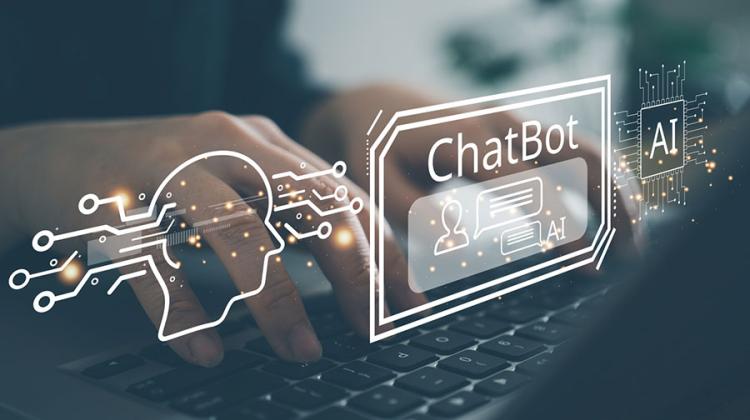Using AI Negotiation Coaching Bots to Improve Human-to-Human Interaction

With recent leaps in the accessibility and capabilities of generative artificial intelligence (GenAI), we believe it is time for college instructors and professional trainers to take seriously the possible uses of GenAI-enabled teaching tools. With a grant from MIT, Professor Susskind, Samuel (Mooly) Dinnar, and MIT graduate students Ololade Olaleye and Leroy Sibanda produced and tested case-specific multi-party negotiation coaching bots. These online tools are aimed at helping students in negotiation courses prepare for upcoming simulated negotiation assignments. We are using GenAI tools to improve human-to-human interaction. Other instructors are developing negotiation bots that can take the place of a human, but that is not our purpose.
MIT’s Sloan School of Management hosted (with support from the Program on Negotiation at Harvard Law School) an international Summit at which AI-specialists built negotiation bots to compete against each other [ADD LINK TO PON SUMMARY OF THE SUMMIT: https://www.pon.harvard.edu/teaching-materials-publications/program-on-negotiation-ai-summit/]. These researchers all assumed two-party negotiating situations in which zero-sum results were the only possible outcome. They also tried to develop generic bots that can negotiate in any two-party zero-sum context. Since we assume that “context is everything” in negotiation, we have designed coaching bots to help student learners prepare for upcoming multi-party multi-issue negotiations in which relationships matter and value creation, not just value distribution, is possible. We have also developed a second type of coaching bot that learners can use to debrief the results they achieve. This second kind of coaching bot uses the results of the student’s preparation session and the actual text of the multiparty negotiation in which they participate to help students assess and learn from their negotiation efforts. For us, this means focusing on helping each student improve their Personal Theory of Practice (PTOP).
Our team has also designed and tested a third type of negotiation coaching bot – a backtable negotiation coach -- that allows learners to have brief conversations with the “bosses” of the other five parties scheduled to be in the multi-party negotiation for which students prepare. The results were published in Negotiation Journal (Negotiation Backtable Bots: Using GenAI to Improve Multiparty Negotiation Instruction, MIT Press, March 31, 2025 ). Once students understand that the parties they are negotiating with are not monolithic, they can develop much more sophisticated negotiation strategies.
We continue to experiment with negotiation coaching bots of various kinds for a range of multiparty negotiating situations. MIT undergraduate researchers are trying to do experiments in which students negotiate with a negotiating bot to see if it is possible to create GenAI-assisted bots that can simulate concerns for the values and beliefs of a negotiating counterpart, not just their financial or numerical interests.



